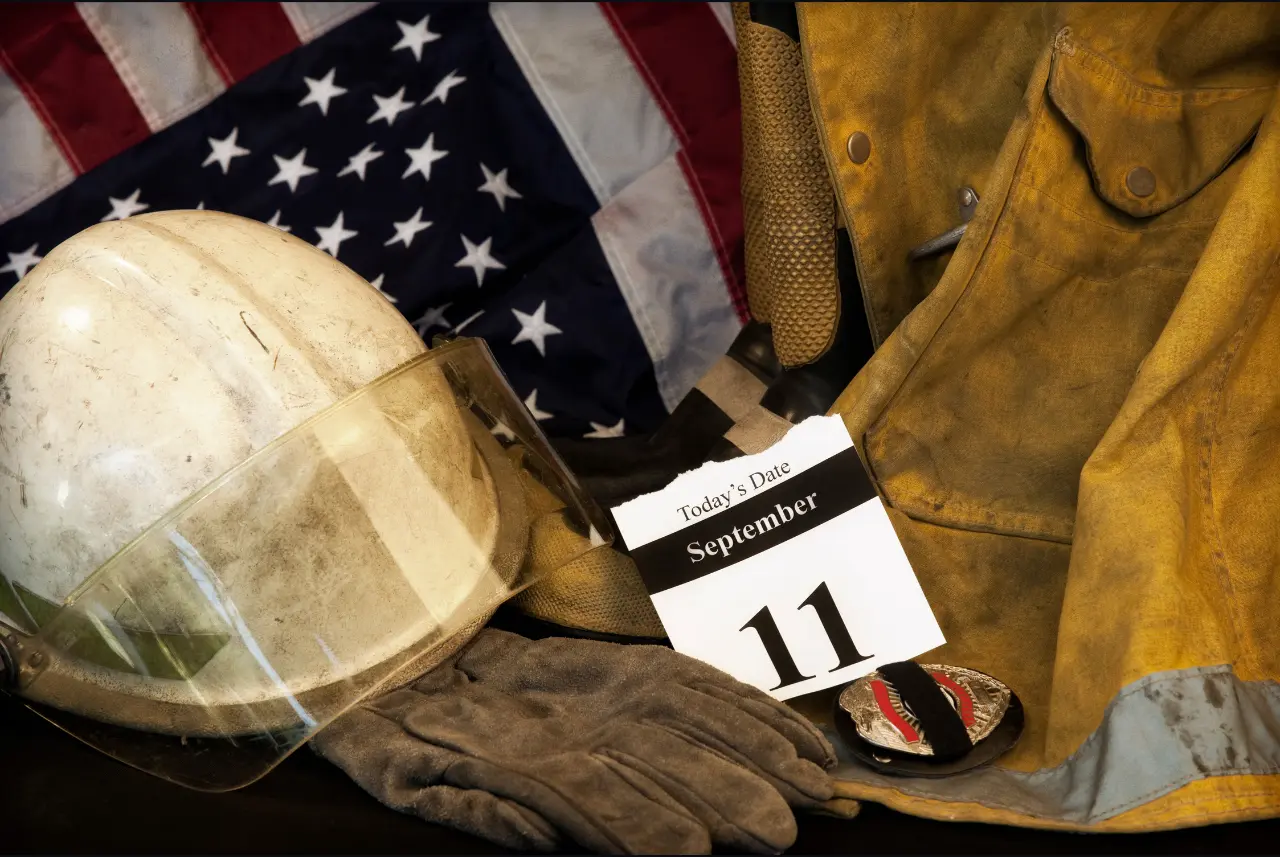
September 11 remains etched in the collective memory of the United States. More than two decades have passed since the attacks that shook the world, yet what remains alive in remembrance is not only the tragedy, but also the way the American people came together in the midst of pain.
In 2001, among smoke and rubble, a nation emerged willing to look each other in the eye regardless of ideology, race, or creed. Solidarity was spontaneous: neighbors helping neighbors, volunteers traveling from all corners of the country to support efforts in New York and Washington, firefighters and rescuers hailed as heroes without political labels. That spirit of unity served as a reminder that, even in the darkest moments, the United States could rise above its divisions.
In that context of resilience, the immigrant community—particularly the Mexican one—was also present. Many migrant workers joined the cleanup efforts at so-called “ground zero.” Their work, though invisible to most, was essential to reconstruction. Many of them, undocumented, risked their health and safety to clear debris, clean streets, and restore a measure of normalcy to the city that never sleeps. That contribution, often absent from official speeches, was a quiet display of solidarity and belonging.
Today, however, the nation faces a different kind of threat: the political and social polarization that has fractured its inner fabric. The incendiary and divisive rhetoric that Donald Trump has normalized in public life has taken deep root among millions of citizens. Political differences, once debated in the terrain of ideas, have become irreconcilable trenches that divide families, communities, and even institutions.
What was once a sense of “us” in the face of adversity has turned into an “us versus them” in the face of any difference. And that is dangerous. If September 11 showed anything, it is that a country’s strength does not lie in its military capacity or economic power, but in its social cohesion, in its ability to extend a hand to the other—even when they think differently.
The paradox is that, even as anti-immigrant rhetoric intensifies in some sectors, immigrants—and once again, Mexicans—continue to stand on the front lines in moments of crisis. During the pandemic, they were essential workers in hospitals, agricultural fields, and cleaning services. Today, in the face of natural disasters striking the country, they continue to build homes, harvest food, and sustain entire local economies. Just as in 2001 they helped clean up New York, today they continue helping to keep the United States standing.
Remembering September 11 should not be limited to tributes to the victims or moments of silence. It should also be an exercise in self-reflection. How did we move from unbreakable unity to constant distrust? Where did this inability to listen without discrediting arise from?
Trump is, without a doubt, the main catalyst of this fracture, with a style that does not aim for dialogue but thrives on confrontation. His political legacy is not only a conservative agenda, it is the normalization of hate as a political weapon.
The United States needs to look again into the mirror of September 11. To remember that greatness does not lie in a party’s electoral victory, but in recognizing the other as part of the same country. The memory of that day should not be merely a symbol of mourning, but an urgent reminder that unity is the only way to face any threat, whether external or internal.
The greatest challenge today is not rebuilding buildings or confronting a foreign enemy, but rebuilding trust among ourselves. Because a divided country is a vulnerable one. And what September 11 taught the world is that, united, Americans could be invincible.